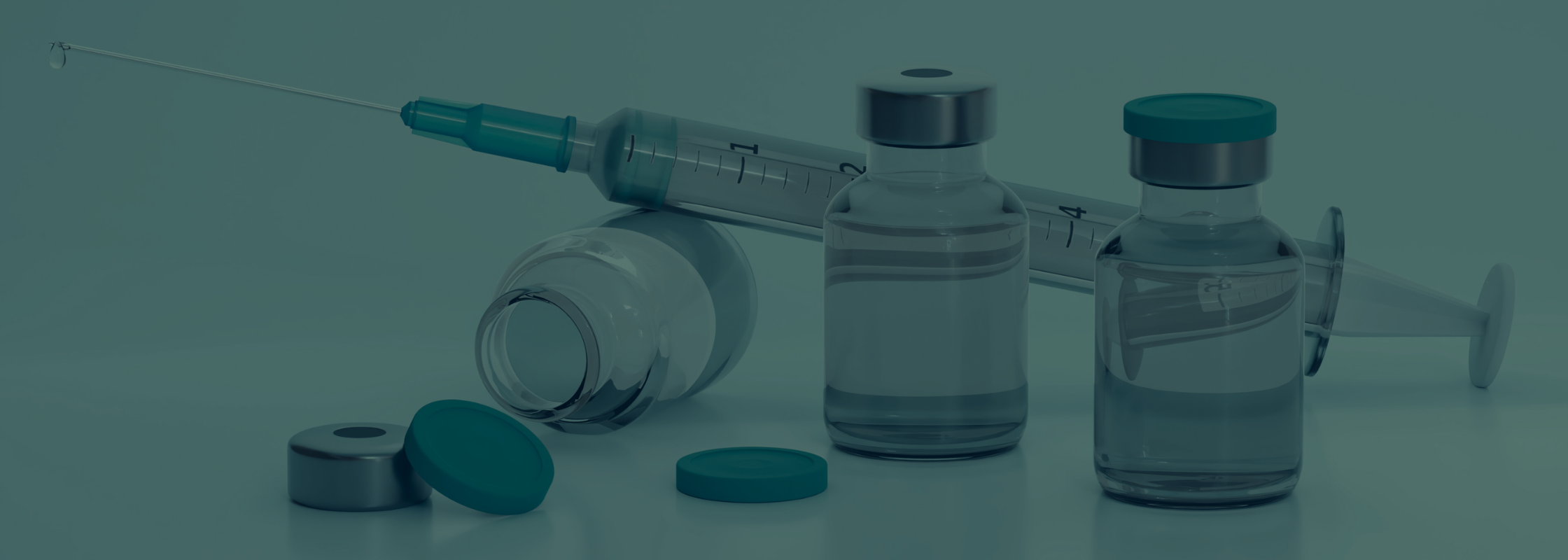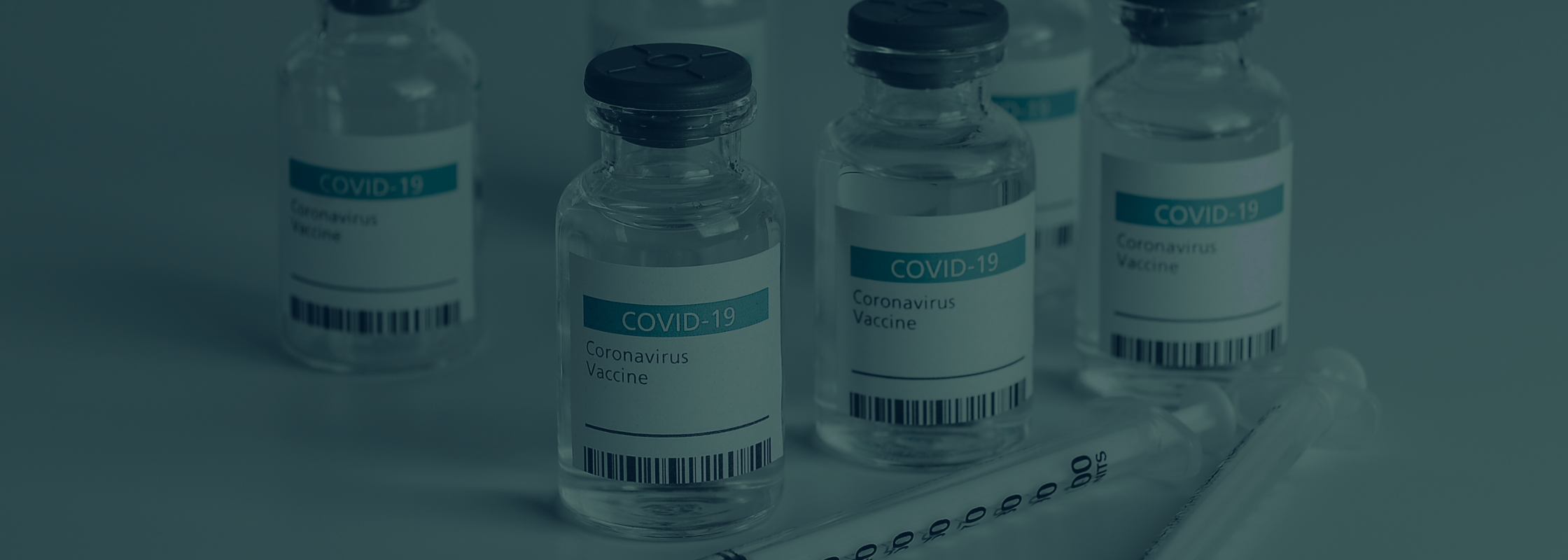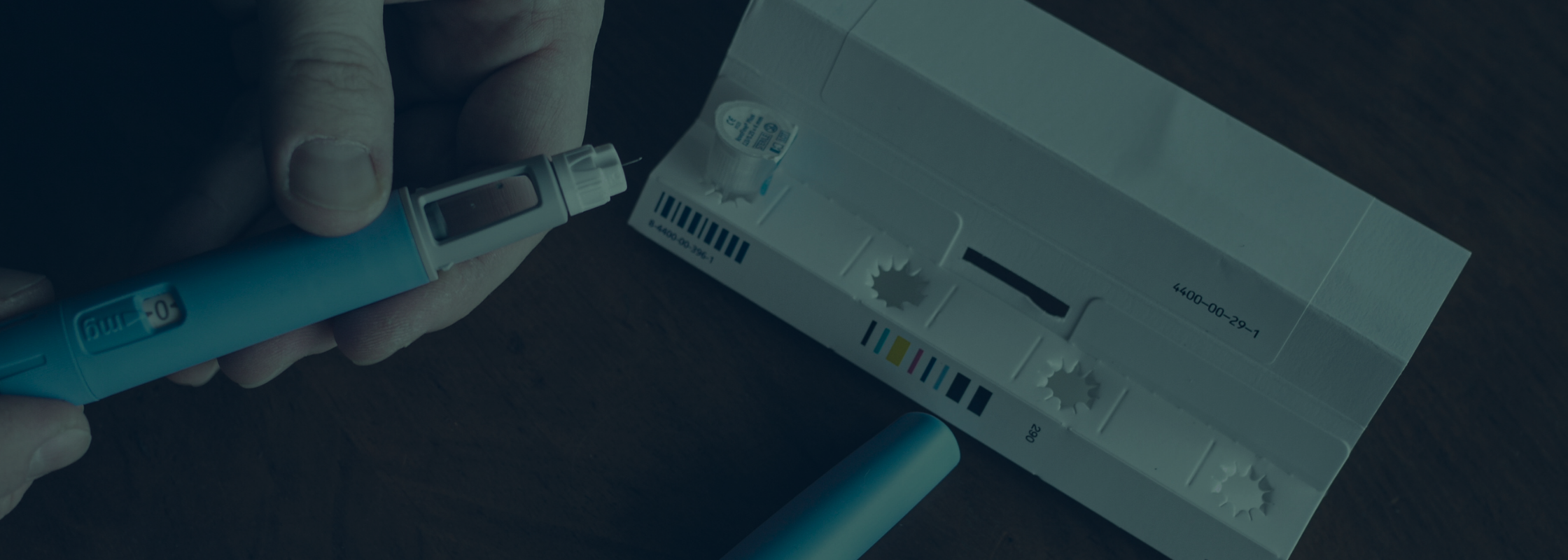What is an Importer of Record (IOR) for Clinical Trials?
The Importer of Record (IOR) in the context of clinical trials is an integral part of the global supply chain management of trial supplies and ancillaries. The IOR ensures that imported goods comply with all relevant laws and regulations, including customs clearance, taxation, and product safety.
This blog will answer some of the most frequently asked questions about IOR, including:
- What does IOR mean?
- Do I Need an Importer of Record for Clinical Trials?
- Who Should Be Listed as IOR in Cross-Border Clinical Trials?
- What Are the Advantages of Outsourcing an IOR?
- What Are the Benefits of Using an IOR Service?
- What Are the Roles and Responsibilities of an IOR?
- Can Anyone Be an IOR?
- What Is a Customs or IOR Number?
- What Is the Difference Between Importer of Record and Consignee?
This FAQ page will help you understand more clearly the role of the IOR in the global clinical supply chain.
What Does IOR Mean?
An Importer of Record (IOR) is the party responsible for meeting all local compliance requirements when importing goods internationally. This includes confirming the goods are correctly classified, the relevant taxes and duties are paid, and all the correct export documents and permits are filed.
The IOR is often the owner or purchaser of the imported goods, but it can also be a properly authorized agent or legal entity in the destination country. The IOR is liable for all risks associated with clearing the goods through customs and will be listed on all relevant documentation.
Do I Need an Importer of Record for Clinical Trials?
You will always need to list an IOR when conducting cross-border clinical trials. In some countries, a third party is required to act as the IOR.
Here are some factors to consider when determining whether you need an IOR for clinical trials:
- The regulatory requirements of the country where you are conducting the trial.
- The type of goods you are importing.
- The size of your trial.
- Your own resources and capabilities.
If you are unsure whether you need an IOR for clinical trials, it is best to consult a company with expertise in customs and compliance. They can help you to understand the specific requirements of the country where you are conducting the trial and to determine the best course of action.
Here are some of the benefits of using an IOR for clinical trials:
Compliance
The IOR will be responsible for ensuring that all customs regulations are met. This can help to avoid delays and penalties.
Peace of mind
The IOR will be responsible for the timely delivery of the goods to the clinical trial site. This can help to ensure that the trial runs smoothly.
If you are considering conducting a cross-border clinical trial, start the process early. This will give you enough time to find and consult a qualified IOR, like TecEx Medical, and to ensure all the necessary documentation is in order.
Who Should Be Listed as IOR in Cross-Border Clinical Trials?
The IOR plays a critical role in the compliance of cross-border clinical trials. They are responsible for ensuring the trials are conducted within local and international trade requirements.
Therefore, listing a trial site as an IOR is generally not recommended. Some practical considerations may make it difficult for a trial site to be listed as an IOR. For example, the trial site may not have the necessary infrastructure or resources to handle the administrative and logistical responsibilities of being an IOR. The trial site may not have the necessary GCP or regulatory compliance expertise.
Instead, the IOR should be a qualified individual not affiliated with the trial site. This will help ensure the trial is conducted safely, ethically, and independently.
What Are the Advantages of Outsourcing an IOR?
There are several advantages of outsourcing an IOR. An experienced IOR will:
- Have the necessary knowledge and experience to navigate the customs clearance process in the destination country.
- Be able to handle all the paperwork and documentation required for customs clearance.
- Accurately calculate and pay the relevant taxes and duties on behalf of the importer.
- Provide the importer with a single point of contact for all customs-related matters.
Using a professional third-party IOR service also results in:
Time Saving
The IOR will have the knowledge and experience to navigate the customs clearance process quickly and efficiently. This can save you a significant amount of time, especially if you are not familiar with the customs regulations in the destination country.
Reduced Risk
The IOR will take on the audit risk and responsibility. In the case of an audit, the IOR will be responsible for providing the necessary records.
Peace of Mind
The IOR will be responsible for ensuring that all customs regulations are met. This means you can be confident that your goods will be cleared through customs without problems.
If you do not have the time or expertise to handle the customs clearance process, then using an experienced IOR is a good option.
What Are the Benefits of Using an IOR Service?
The IOR will have the necessary knowledge and experience to navigate the customs clearance process in the destination country.
The IOR will be able to handle all the paperwork and documentation required for customs clearance. They will also pay the relevant taxes and duties on behalf of the importer. Additionally, the IOR will be able to provide the importer with a single point of contact for all customs-related matters.
What Are the Roles and Responsibilities of an Importer of Record for Clinical Trials?
The IOR may be responsible for various tasks. Some of the responsibilities of an importer of record include:
- Obtaining an import permit or license, if required,
- Declaring the goods to customs,
- Paying any import duties or taxes,
- Providing the necessary documentation, such as permits, packing lists, and certificates of origin,
- Clearing the goods through customs, and
- Delivering the goods to the importer.
The specific role of the IOR can vary depending on the country and the type of imported goods.
If you are importing goods into a country where you do not have a presence or if you do not want to be involved in the customs clearance process, TecEx Medical can act as your third-party IOR.
Can Anyone Be an IOR?
No, not anyone can be an IOR. To be an IOR, you must meet specific requirements, such as:
- Be a legal entity that is registered in the destination country. This means you must have a business or other legal entity registered with the government in the destination country.
- Have a physical presence in the destination country. This means you must have a physical location in the destination country to receive goods and conduct business.
- Be able to provide a valid importer of record number. This is a unique number issued by the customs authority in the destination country to identify you as an IOR.
- Be able to comply with all import regulations and requirements. This means that you must be familiar with the import regulations and requirements in the destination country and be able to ensure that you are meeting all of them.
What Is a Customs or IOR Number?
A customs or IOR number is a nine-digit number assigned to an importer of record by the customs authority of the country they are importing to. The number is used to register and track the import of goods and ensure all customs regulations are met.
The customs or IOR number is required to be included on all import documentation. This ensures that the goods are correctly identified, and the customs duties and taxes are paid.
The customs or IOR number is also used to track the progress of the import shipment through the customs clearance process. This allows the importer to track their shipment’s status and identify potential delays.
If you are importing goods into a country, you will need to obtain a customs or IOR number from that country’s customs authority, which will likely require a local address or registration.
Each country has a different representation of customs or IOR numbers. For Example:
- United States: CBP EIN (Importer Identification Number)
- Canada: Importer Number
- European Union: Economic Operator Registration and Identification (EORI) number
It’s essential to get the customs or IOR number correct to:
- Ensure the goods are properly identified, and the correct customs duties and taxes are paid.
- Track the progress of the import shipment through the customs clearance process.
- Speed up the customs clearance process.
- Avoid penalties for non-compliance with customs regulations.
What Is the Difference Between Importer of Record and Consignee?
The Importer of Record (IOR) and the consignee are two distinct roles in the import process. The IOR is the legal entity responsible for importing goods into the destination country. They are responsible for ensuring that all import requirements are met, such as paying customs duties, filing import declarations, and providing import permits.
The consignee is the person or entity that is the end receiver of the goods. They are responsible for taking possession of the goods once they arrive at the destination and inspecting them to ensure they are in good condition. The consignee is not responsible for any aspect of the customs clearance process or the payment of duties and taxes. They also ultimately take ownership of the goods once they have cleared through customs. However, the consignee can only take possession of the shipment after it has successfully cleared through customs.
Sometimes, the IOR and the consignee may be the same entity. However, this is not always the case. For example, a company may hire an IOR for their cross-border shipments. In this case, the IOR would ensure that all import requirements are met, but the company would still be the consignee of the goods.
The TecEx Medical Solution
If you are conducting a clinical trial, working with an experienced IOR who can help you navigate the complex regulatory landscape is important.
TecEx Medical can help you ensure that your clinical trial supplies are delivered on time and in compliance with all applicable regulations.
Our company is a leading provider of IOR services for clinical trials. Our team of experienced professionals can help you with all aspects of your clinical trial supply chain management.
We are committed to providing our clients with the highest level of service. We understand that the success of your clinical trial depends on the timely and reliable delivery of your supplies. That is why we work hard to ensure that your supplies are delivered on time and in compliance with all applicable regulations.
Do you have any additional questions or need more information? Contact us today, and we would be happy to discuss your specific needs and how we can help you achieve your goals.





